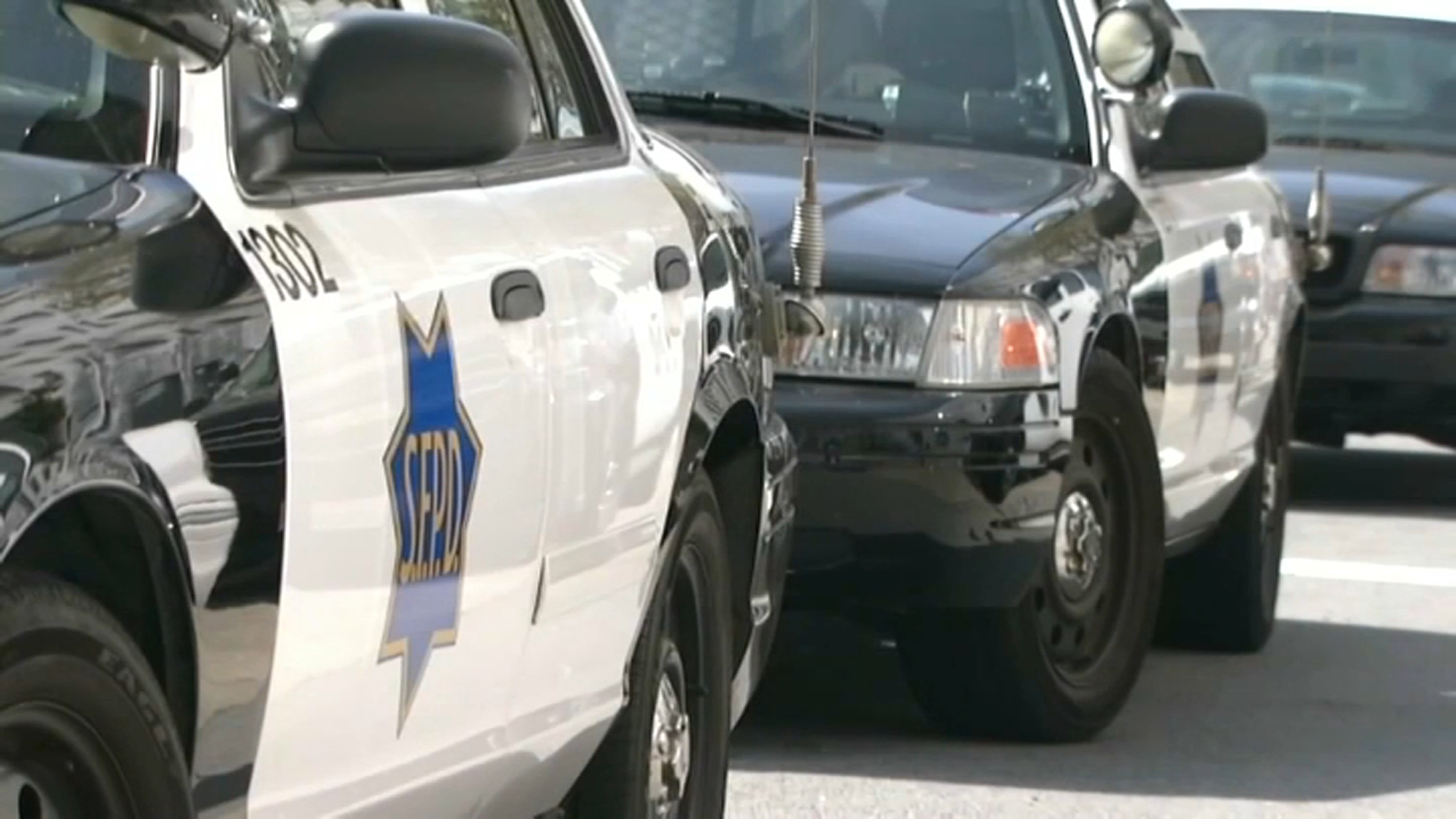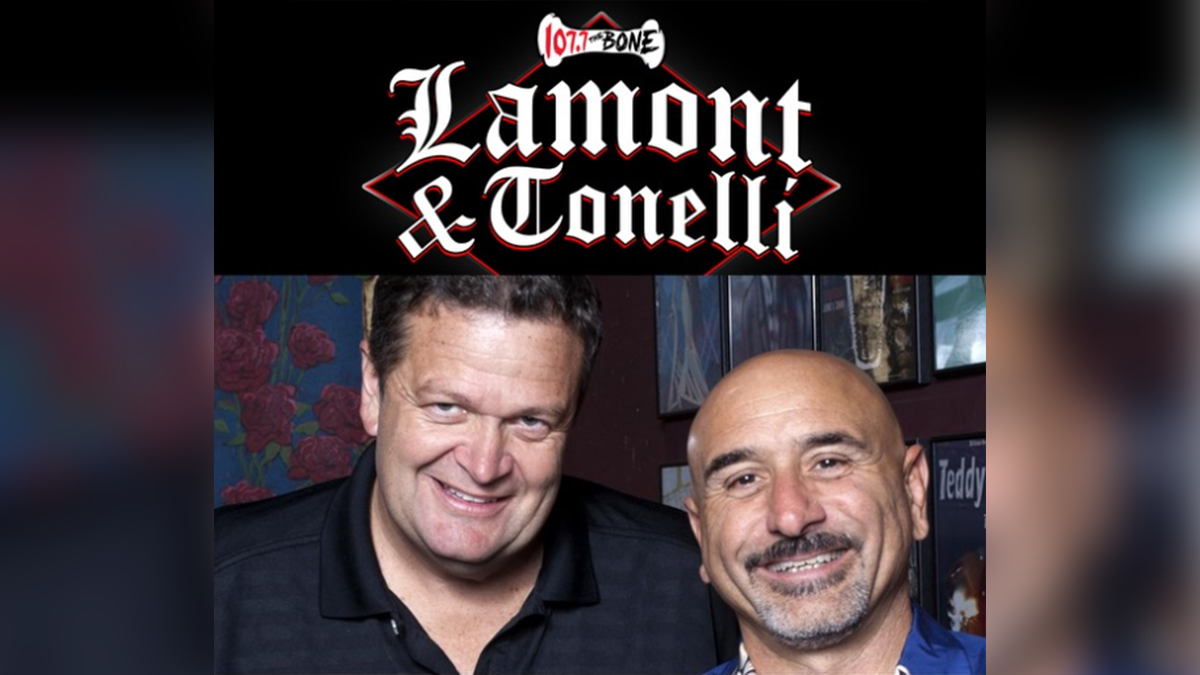Twitter may not have a clue when it comes to making money but it sure knows how to get people hot and bothered about its potential greatness.
The San Francisco-based microblogging site has already surpassed Facebook in ineffable amazingness. We all know it's the future of the news business (we read so in the papers). But has Twittermania finally peaked?
Mark Pfeifle, a former Deputy National Security Adviser to George W. Bush, doesn't think so. The Republican strategist believes the founders of Twitter should win the Nobel Peace Prize for the role the social networking site played in the recent protests in Iran.
“If there’s anybody that should possibly get a Nobel Peace Prize in the next time around, it should be the founders of Twitter who delayed the tuning up of their system in order for an amazing amount of tweets to be sent out in the last week or so,” he told Fox News with a straight face.
Pfeifle is referring to the bravery Twitter displayed when it decided to delay a temporary outage for regular site maintenance so angry Iranian mobs could continue to tweet about the new revolution.
On Monday, Pfeifle turned to The Christian Science Monitor to sing Twitter's praises.
Local
"When traditional journalists were forced to leave the country, Twitter became a window for the world to view hope, heroism, and horror," he wrote. "It became the assignment desk, the reporter, and the producer. And, because of this, Twitter and its creators are worthy of being considered for the Nobel Peace Prize."
In true Republican fashion, Pfeifle couldn't help but use crazy liberals and terrorists as a target to highlight his point on his own Twitter account.
"Nobel Peace Prize for Twitter founders for #iranelection? Why not," he tweeted, according to TechCrunch. "@ev & @biz > deserving than Arafat.Carter."
You'd have to be a hardcore Twitter user to understand that the "#" character indicates a topic of conversation and "@" signs precede the name of users (in this case, Twitter cofounders Ev Williams and Biz Stone).
Pfeiffle inadvertently demonstrated the only resemblance Twitter has to high-powered international diplomacy: Both require translators.



